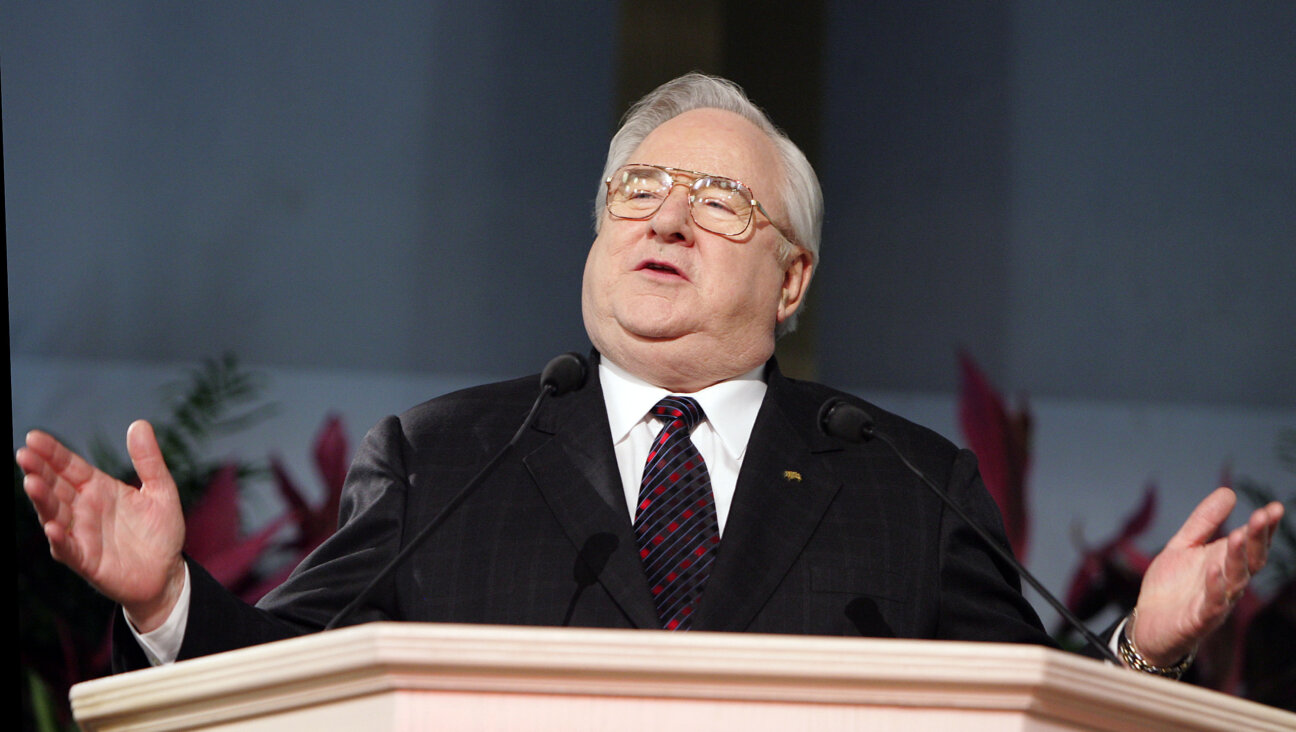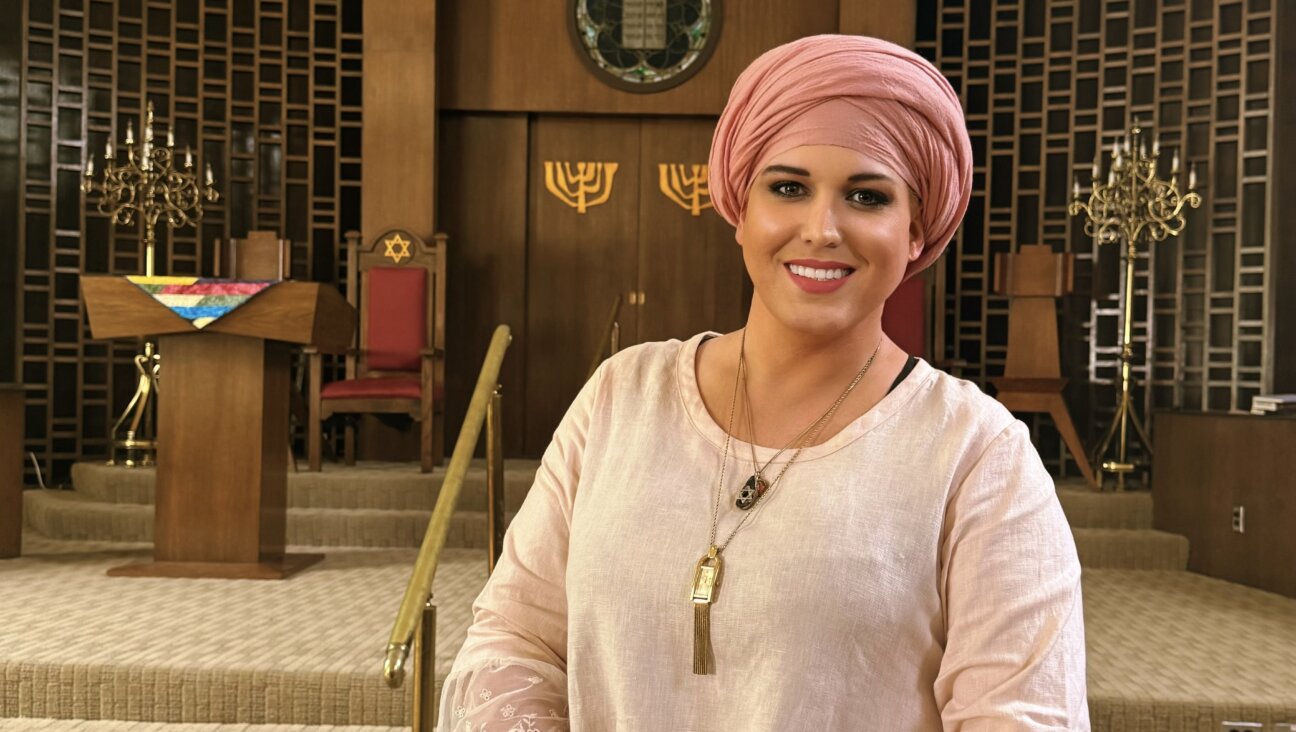A Teacher’s Toolkit for Tackling Tough Issues
On a recent Sunday morning, the third graders at Congregation Brothers of Israel Religious School, in Newtown, Pa., had just settled in for a snack. “There’s this little girl who’s adorable, 8 years old,” recalled Joan Hersch, the school’s principal. “And this boy in her class said: ‘You’re fat. You don’t need that doughnut. I’m going to eat it for you.’ And the girl said, ‘Okay,’ and pushed it over to him.”
Welcome to what Shira Epstein, assistant professor at the William Davidson Graduate School of Jewish Education, calls “an educational Jewish moment”: an opportunity to connect students’ everyday decisions and actions to Jewish teachings.
This past summer, Hersch attended a workshop run by Epstein and her colleague, Naomi Less, called “Addressing Evaded Issues in Jewish Education.” In the classroom, “what happens is, often it’s done with the best of intentions, but the socio-emotional issues get boxed off” in favor of traditional religious school curricula, such as preparation for b’nai mitzvah, Torah study and Hebrew-language lessons, Epstein said. The “Evaded Issues” workshops aim to integrate such issues as harassment and bullying, sexuality and relationships, sexism and gender identity, eating disorders and body image, and substance abuse into teachers’ educational “toolkits,” so that moments like the one in Hersch’s religious school don’t go unaddressed.
“A critical incident is a moment — as educators, we have 400 of them a day — when we have to decide how to respond, what to do,” Epstein said. “In the actual moment, you have things coming at you really fast. You don’t have time to think.” The workshops are a chance to “hit the pause button on the DVR. When we’re live with our students, we don’t have time to do that. If we can practice, and get better at it, then you’re better in the actual moment.”
Funded by the Jewish Women’s Foundation of New York, the Hadassah Foundation and the Dobkin Family Foundation, the “Evaded Issues” project eventually will entail a series of three two-hour workshops for educators. The first, launched last fall, encourages teachers and school administrators to look closely at their own gut reactions when uncomfortable subjects come up in the classroom. Maybe a teacher overhears one student calling another student a homophobic slur. Or perhaps during break time, a group of kids talk about how drunk they got last night. “There might be very real reasons that an educator might not intervene” at a moment like this, Epstein said. “The first thing we need to do is examine those reasons: Here are my own fears and discomforts. Let me put that under a microscope.”
Perhaps a teacher thinks it’s none of his business. Perhaps she doesn’t feel equipped to respond appropriately. Perhaps she doesn’t even realize there’s a problem that needs addressing. “It’s very difficult,” said Hersch, who also worked as a public school teacher for 40 years. In a different setting, she might have thought, “I’m opening a Pandora’s box, or, it’s going to get me in trouble. It’s not my job, I don’t have time and I don’t want to go there, because it will open up a whole other set of issues.” But in a religious school, Hersch said, responding is essential. “As Jewish educators, we answer to a higher authority,” she said. “We’re teaching values. And sometimes the kids don’t see how these little things add up to a big picture.”
The second and third workshops are currently being piloted and are slated for launch by June. Building on the first session, the remaining two will use role-playing, brainstorming, writing and other activities to help Jewish educators feel better prepared to respond when “evaded issues” come up in the classroom. This month, Epstein and Less held the first of what they hope will be a series of “train the trainer” sessions: Three students at the Jewish Theological Seminary (one rabbinical student, one cantorial student and one student at the Davidson School, which is a division of JTS) will participate. They, in turn, will a conduct schoolwide training session for other JTS students this spring.
As part of the “Evaded Issues” project, Epstein and Less also assembled a resource guide that includes listings of programs and resources that educators facing these issues might use, as well as a blueprint for those who would like to replicate some pieces of the “Evaded Issues” training in their own schools.
The trainings and the resource guide are aimed at teachers and administrators in all spheres of Jewish education, whether weekend religious school, Jewish day school or A Jewish camp. “It’s not just that you’re teaching Jewish values,” Less said. “You’re teaching life skills. You’re teaching them how to be good human beings.”
As for Hersch, after that Sunday in religious school, she called the young girl’s mother to have a conversation with her about encouraging her daughter to love her body. Hersch is also planning a series of “pep rallies” for parents, “to give them ways to address body issues, when they’re dealing with ‘nobody likes me, everybody hates me.’”
These are both steps she admits she might not have taken had she not attended the “Evaded Issues” trainings. And in the moment? There were a million things she could have done. She could have said nothing. She could have engaged the boy about why he said what he said and how that might have made his classmate feel. She could have taken away the doughnuts. Instead, she looked at the girl and said, “Don’t let him tell you you’re fat; you’re gorgeous!” A drop of water in a wide sea, perhaps, but an educational moment all the same.






















